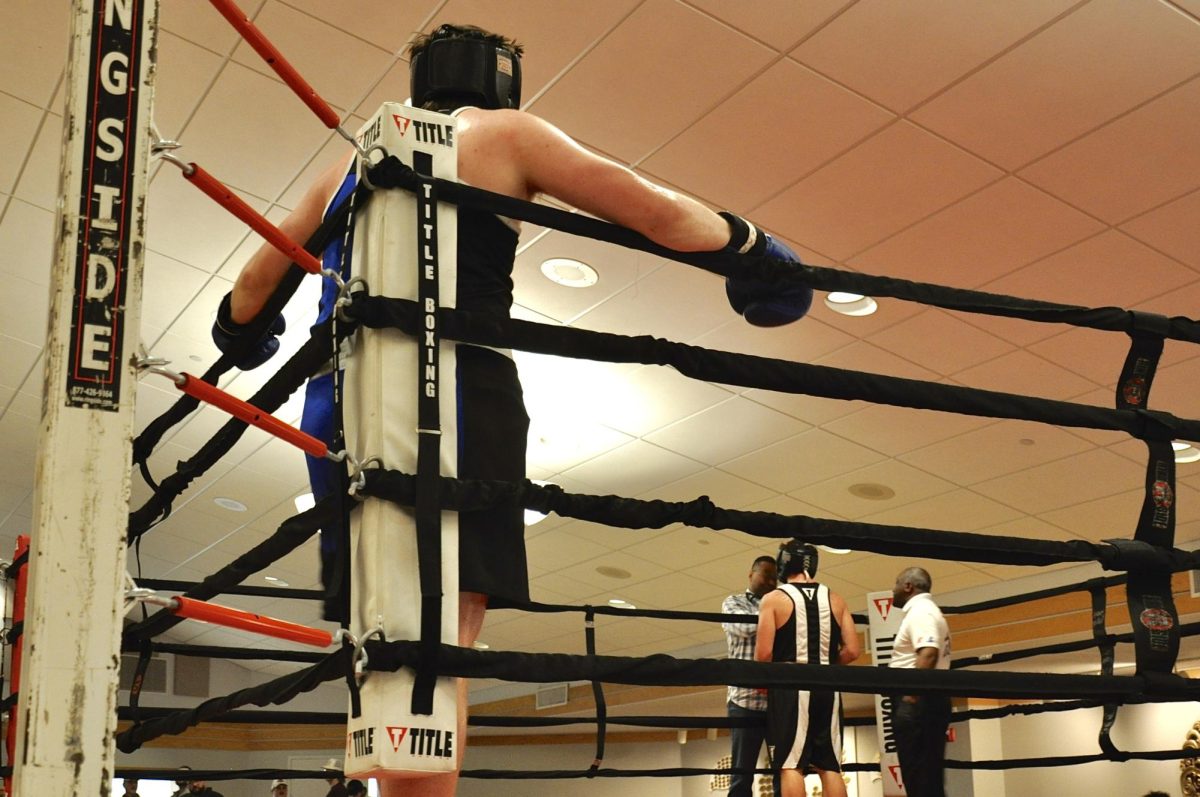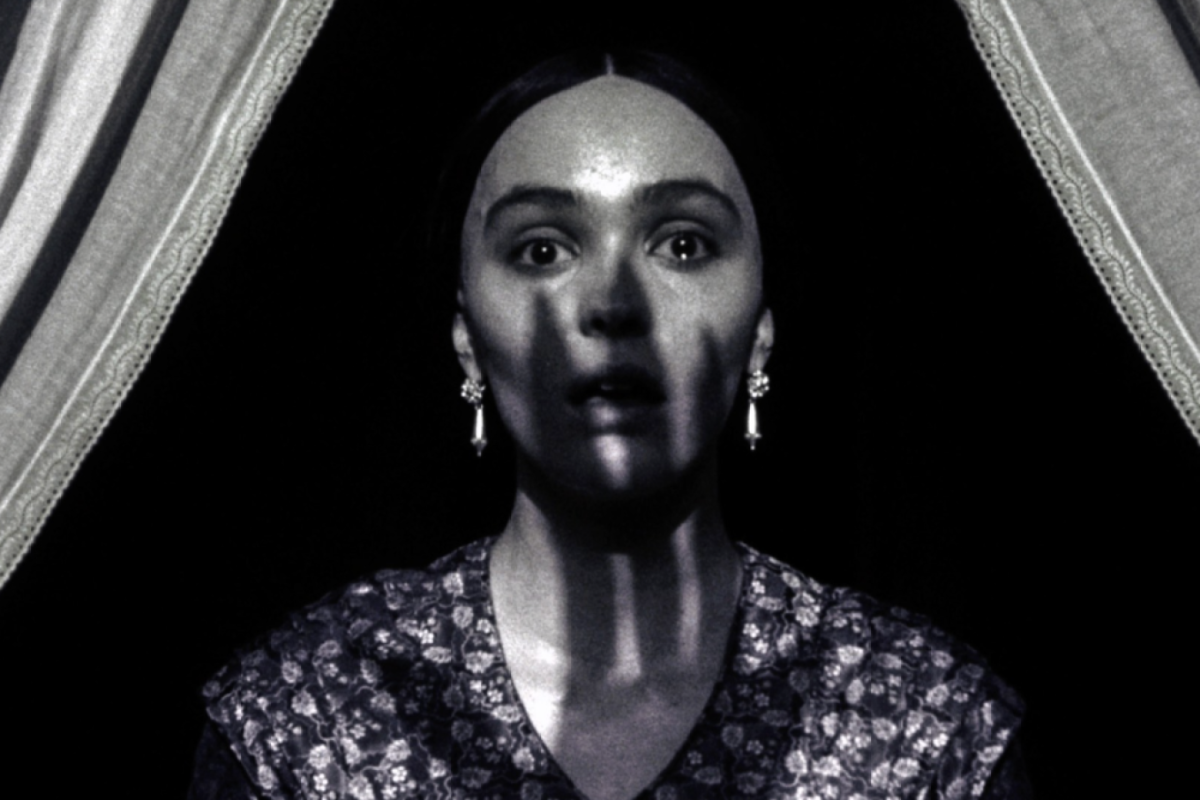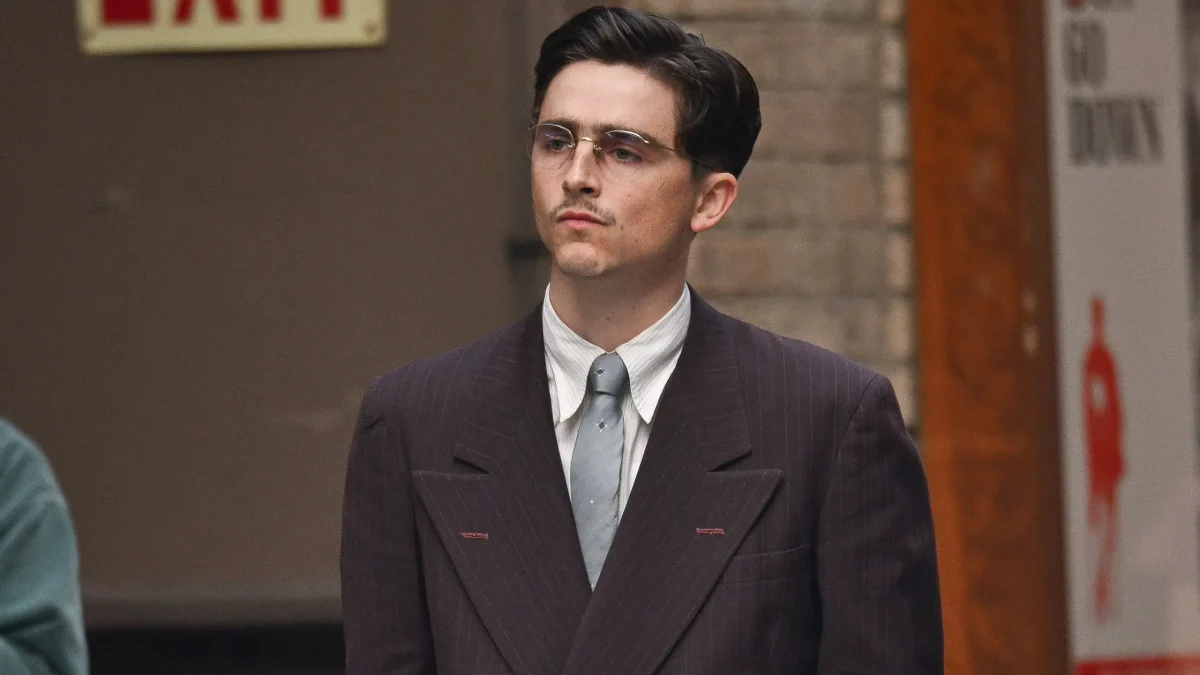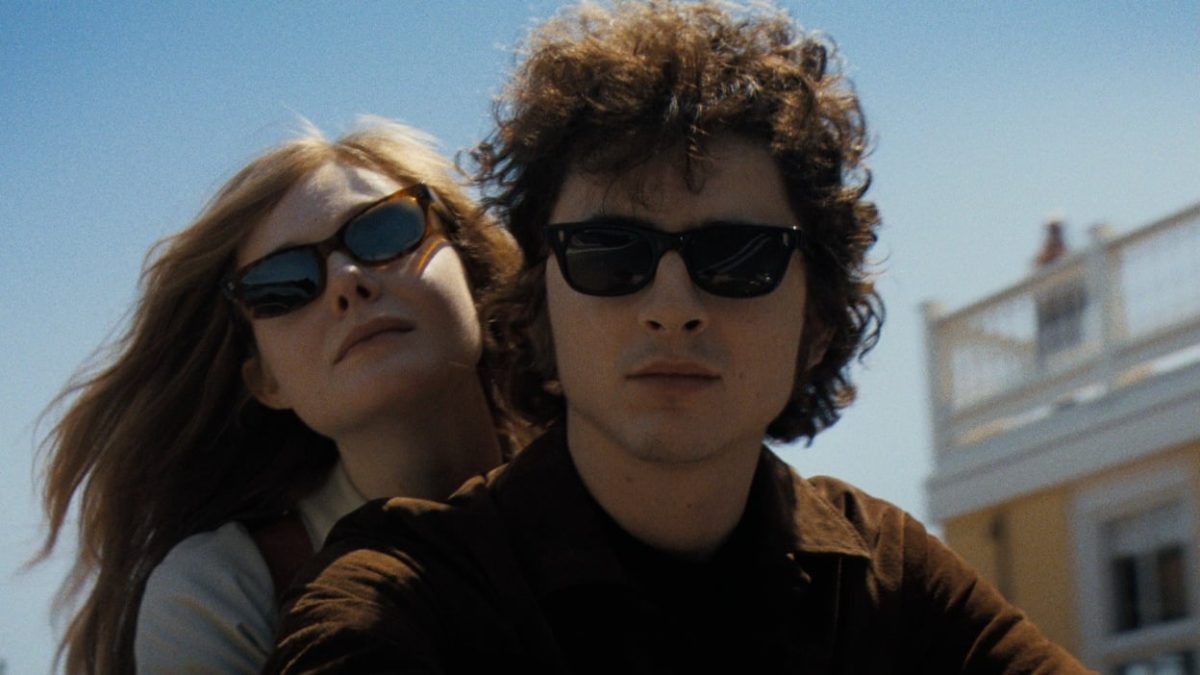Critics and fans alike are on edge for Cate Blanchett’s return as Queen Elizabeth I in Elizabeth: The Golden Age (Universal Studios, Oct. 12), the highly anticipated sequel to 1998’s critically acclaimed film, Elizabeth. The big question about this film is: will it live up to the hype?
The sequel retains director Shekhar Kapur, main screenwriter Michael Hirst and actor Geoffrey Rush (Pirates of the Caribbean), who reprises his role as Sir Francis Walsingham. Elizabeth was nominated for seven Academy Awards (including Best Picture and Best Actress for Cate Blanchett), yet only managed to win for Best Makeup.
Golden Age takes place during the Queen’s middle years. A holy war is going on in Europe between Catholics, led by King Phillip II of Spain (Jordi Molla, Blow), and Protestant England. Elizabeth stands tall in England as the only Protestant monarch in a nation divided between the two factions. A major threat to Elizabeth’s rule is her cousin, Mary, Queen of Scots (Samantha Morton, The Libertine).
Elizabeth is facing war with Spain, struggling to keep her own people united and trying to find a suitable husband, at the urging of Sir Francis Walsingham, her chief adviser. The entire movie leads up to the events surrounding the Spanish Armada.
The Golden Age portrays Elizabeth as a wreck, which she may very well have been. It makes her look like a lonely, angst-ridden teenage girl at times-not a disposition that seems suitable for a woman in her 50s.
Her feelings for the dashing Walter Raleigh (Clive Owen, Children of Men) are reciprocated, but Raleigh also pursues one of Elizabeth’s court ladies, Elizabeth Throckmorton (Abbie Cornish, Candy).
It seems as if the only true pleasure Elizabeth feels is the thrill of victory and the knowledge that her people are safe.
History lessons aside, The Golden Age tries to cover too much ground in too short a time and doesn’t seem to have a focus.
The film does not completely focus on Elizabeth’s romantic life, nor does it focus entirely on the conflict between Protestants and Catholics. Both areas seemed rushed.
Blanchett delivers an inspired performance as Elizabeth, but the film doesn’t seem to live up to the work she did in the original, or to her other two Oscar-nominated performances in The Aviator and Notes on a Scandal.
Rush performs well in a role that almost seems typecast for the actor, as he takes on yet another history piece.
The most surprising and strong performances in the film come from the young Cornish and Owen, whose roles involve them trying to balance their personal interests while maintaining Elizabeth’s favor, a haughty task.
This piece of potential Oscar bait may be on the outside looking in this year, with plenty of promising films being released in the coming weeks.
Barring an overwhelming number of disappointments, this film just does not seem to have what it takes to be considered one of the year’s best.
It will almost certainly garner nominations for makeup, costume design and possibly cinematography, all of which were beautifully done, and maybe even score a win.
Golden Age lacks the feel of a truly great film. It would not seem as disappointing had it not been for all of the hype surrounding the film; but then again, what should one expect from the sequel to such a highly esteemed film? It appears as if British royalty will not be ruling the Oscars for a second consecutive year.









